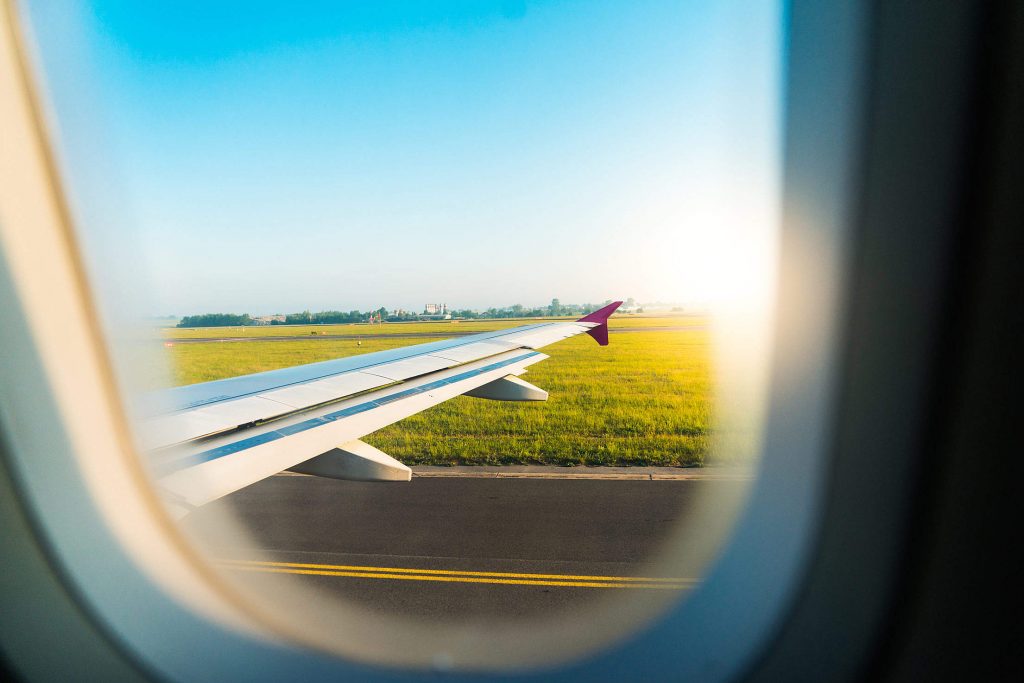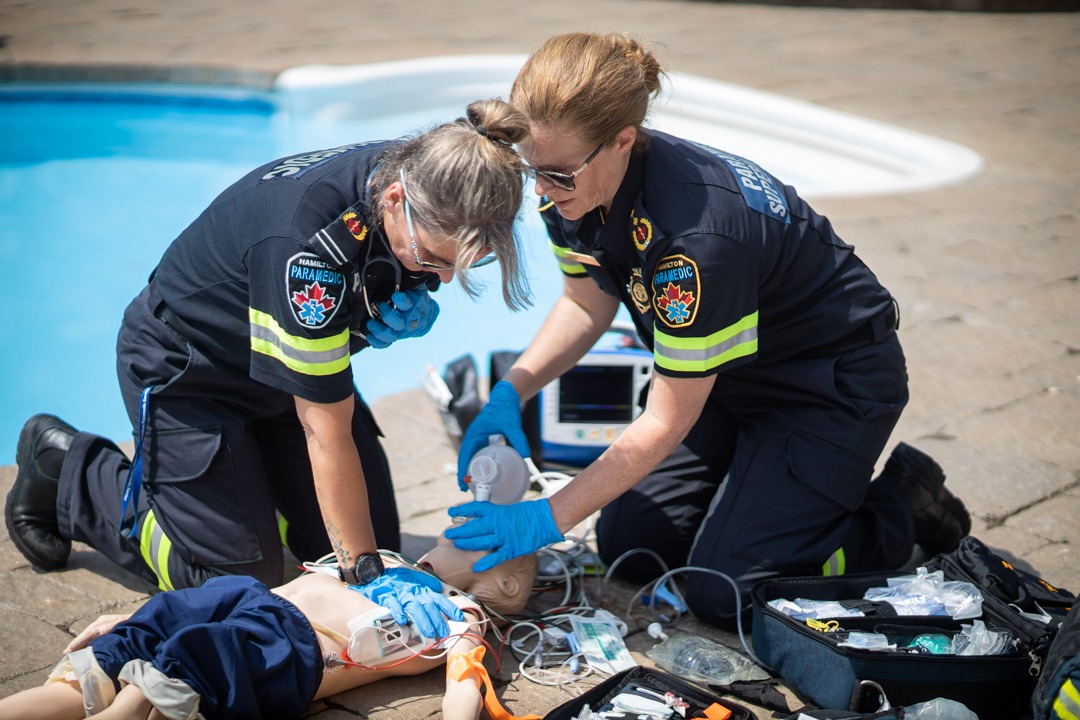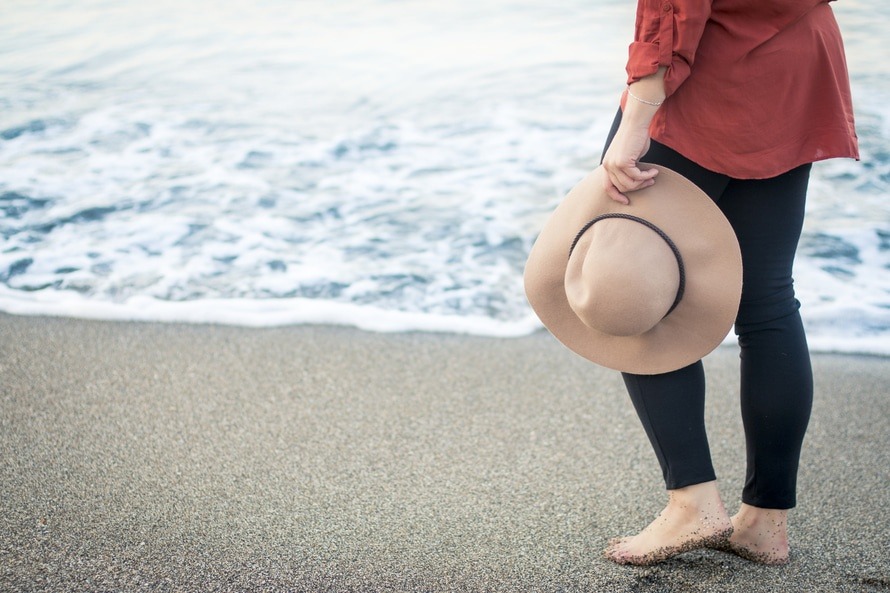
Tips for staying well on vacation
So you’re going on vacation. Lucky you!
It may be easy to get wrapped up in visions of beaches and buffets, but before you hit the road, there are some important things to take into consideration. When you travel, the health care resources you’re used to at home may not be readily available. There are also different risks and infections that you can be exposed to away from home. Follow these recommendations for a safe and healthy vacation.
Before you go
1. Check travel health notices
Check to see if there are any travel advisories for the place you’re visiting. The Centers for Disease Control and Prevention (CDC) outlines three types of notices: Watch Level 1 (practice usual precaution), Alert Level 2 (practice enhanced precautions) and Warning Level 3 (avoid nonessential travel). Search by country to see if there is anything to be concerned about: http://wwwnc.cdc.gov/travel/notices
2. Make sure vaccinations are up-to-date
On the same CDC website, you can check the required and recommended vaccinations by country: http://wwwnc.cdc.gov/travel/destinations/list
Ensure your routine vaccinations are up to date and consult a health care professional to see if any additional vaccinations are required or recommended based on where you are travelling to and the types of activities you have planned (for example, if you may come in contact with malaria or rabies).
Routine vaccinations include measles-mumps-rubella (MMR) vaccine, diphtheria-tetanus-pertussis vaccine, varicella (chickenpox) vaccine, polio vaccine, and your yearly flu shot. Sometimes, your doctor may recommend a Hepatitis A, Hepatitis B, or Rabies shot (only if you’re at risk for bug or animal bites, travelling in remote areas or working with wildlife).

3. Purchase travel insurance
The thought of something going wrong on vacation is the last thing you want to consider during travel planning. But it’s better to be safe than sorry. If you’re travelling outside of Canada, purchase comprehensive health insurance that covers medical procedures in other countries and/or the cost of getting you home if needed for peace of mind. Make sure you keep this documentation on your person while travelling.
4. Book an appointment with a travel health clinic
If you’re travelling outside Canada and the U.S., you may want to learn about the specific risks of the place you’re visiting and get any necessary prescriptions for vaccines or medications.
5. Research the health care system of your destination
It’s important to know what your options are if you get sick or injured. Know hospital locations and phone numbers before you go. Carry them on you when you leave your primary residence, especially if there is a language barrier.
6. Be aware of:
- Traveller’s Diarrhea, caused by bacteria in food or water. Medication can relieve diarrhea and symptoms like nausea, vomiting, cramps and fever.
- Hepatitis A, contracted through contaminated food and water (food, drinks and swallowing swimming or bathing water).
- Hepatitis B, contracted through sexual contact, contaminated needles and other equipment (spa treatment, tattoo needles, etc.) blood and other bodily fluids (transferred from first aid to an infected person, sex, etc.).
- Heat stroke
- Zika virus
- Ticks
What is Zika virus?
You may have heard of Zika virus, a disease spread through mosquito bites.
Besides mosquitos, the virus can spread from an infected pregnant person to their baby (and potentially cause a birth defect called microcephaly). It can also spread through sexual activity.
The virus can live in semen for up to seven months after infection (even if no symptoms are present) and can spread to sexual partners during that time. If someone is infected with Zika, it’s important to abstain from sex or use a condom every time. The virus doesn’t last as long in women’s bodily fluids. Women should wait at least 8 weeks after travel before trying to get pregnant.
The most common Zika virus symptoms are fever, rash, headache, joint and muscle pain, and red eyes. Many people show no symptoms. There is no medication to treat Zika virus. The best means of prevention is to avoid mosquito bites by using insect repellant, wearing clothing that covers your body when mosquitos are out, and removing any standing water around your home.
VIDEO: What to pack in your vacation first aid kit
Packing is one of the few downsides of going on vacation (if you can call it that!). Fitting everything you need into a compact bag can be stressful, especially if you don’t know what to expect on your trip. Jason Thomas, pharmacist at the Juravinski Hospital and Cancer Centre Retail Pharmacy is here to help. He’s taken the guesswork out of packing your vacation first aid kit with a handy list of must-have supplies.
While you’re there
1. Watch what you eat and drink. Water in many countries contains bacteria or parasites. Drinking tap water, using ice cubes, or eating fresh fruit or vegetables that have been washed in that water can increase your risk of infection. Pay close attention to how your food is cooked and served. Avoid food that has been left sitting out, or isn’t cooked all the way through. Remember: boil it, cook it, peel it, or forget it!
2. If you’re visiting a country with a disease that is spread by insects, wear long clothes and bug repellant that contains at least 20 per cent DEET or icaridin.
3. Protect your skin from the sun. Wear a cover-up if possible, and use sunscreen with an SPF of at least 15 (30 or higher is recommended for children). Melanoma is one of the most preventable forms of cancer. Learn how to be sun-safe with cancer specialist, Dr. Elaine McWhirter.
4. Avoid high-risk activities. Take precautions like wearing a life jacket or helmet if you ride on a boat or ATV. Remember – scuba diving and mountain climbing activities can be dangerous if you are not experienced.
5. Take your first aid kit (or a mini version) on excursions or when you’re out in nature. There’s no point packing it if it’s not there when you need it.
6. Remember- sexually transmitted infections are generally much more common in countries outside North America and Western Europe.
7. Keep hydrated, especially in hot places or during physical activity. Bring a reusable water bottle with you to fill up constantly.
8. Wash hands frequently, avoid animals, prevent bug bites, get your flu shot, and use your judgement to consume safe food and drink.
For more information on how to protect yourself, and additional precautions you may need to take, visit a travel health clinic. You can find a list of clinics on Ontario here.



